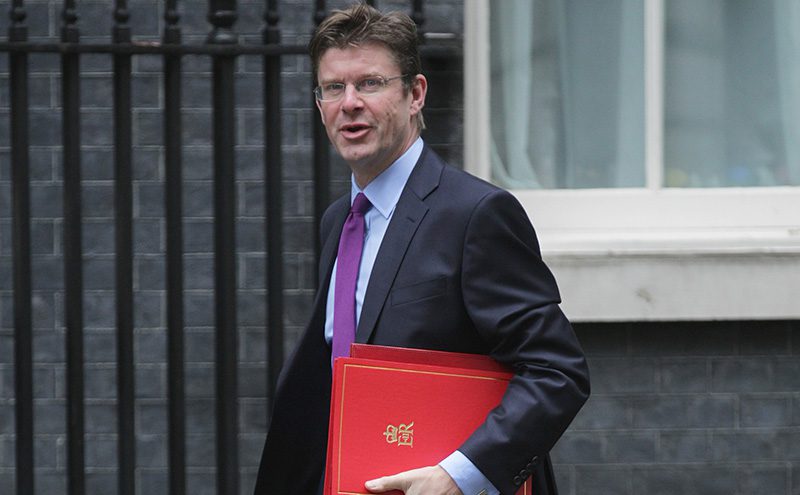As Envirotec went to press, environmental groups were reacting to the shock news that the Government’s Department of Energy and Climate Change (DECC) was to be axed, with many speculating as to the likely meaning of Therese May’s reorganisation of key Government departments.
DECC’s former remit will now be included within an expanded Department of Business, Energy and Industrial Strategy, led by Greg Clark.

Former DECC secretary of state Ed Milliband appeared alarmed by the move, describing it as “plain stupid”. However, an expanded DBEIS has also been viewed positively as an opportunity to incorporate low-carbon policies into a joined-up approach to long-term sustainability in industry, suggested John David, Head of Rathbone Greenbank Investments.
The new absence of the words “climate change” from the title of any Government Department prompted fears that the issue is slipping down the agenda, with GMB national officer Dan Shears commenting: “The ending of DECC clearly shows that this government will pay nothing more than lip-service to this most crucial of policy areas”. However, others have suggested the opposite scenario is also possible, and the BBC’s science editor Paul Rincon said the title changes might simply reflect the fact that the UK is already bound by its Climate Change Act to step-by-step cuts in greenhouse gases through to 2050.
New Defra Secretary Andrea Leadsom has re-iterated the government’s commitment to meeting long-term targets for carbon reduction.
Climate timescale buffer?
John David of Greenbank Investments was unsure: “While the UK still remains committed to last December’s landmark Paris Agreement, both it and the EU have yet to formally join. There is now uncertainty over the timescale for this given the UK’s absence from the EU decision-making process. And, while national carbon emissions targets are enshrined in the UK’s own Climate Change Act, its leading contribution in renewables and energy efficiency will certainly have an impact on long-term EU targets.”
Juliet Davenport OBE, chief executive of renewable energy company Good Energy, said: “In some ways, the name above the door of the civil service department doesn’t matter. But now the government needs to prove that climate change isn’t slipping down the agenda. I want to see concrete action to transform our energy system and clear policies for meeting the UK’s decarbonisation commitments.”
John David also speculated about May’s apparent endorsement of an energy policy that “emphasises the reliability of supply and lower [energy] costs for users” could be construed as support for a final decision in favour of the Hinkley Point C nuclear power station and an expansion of fracking.







